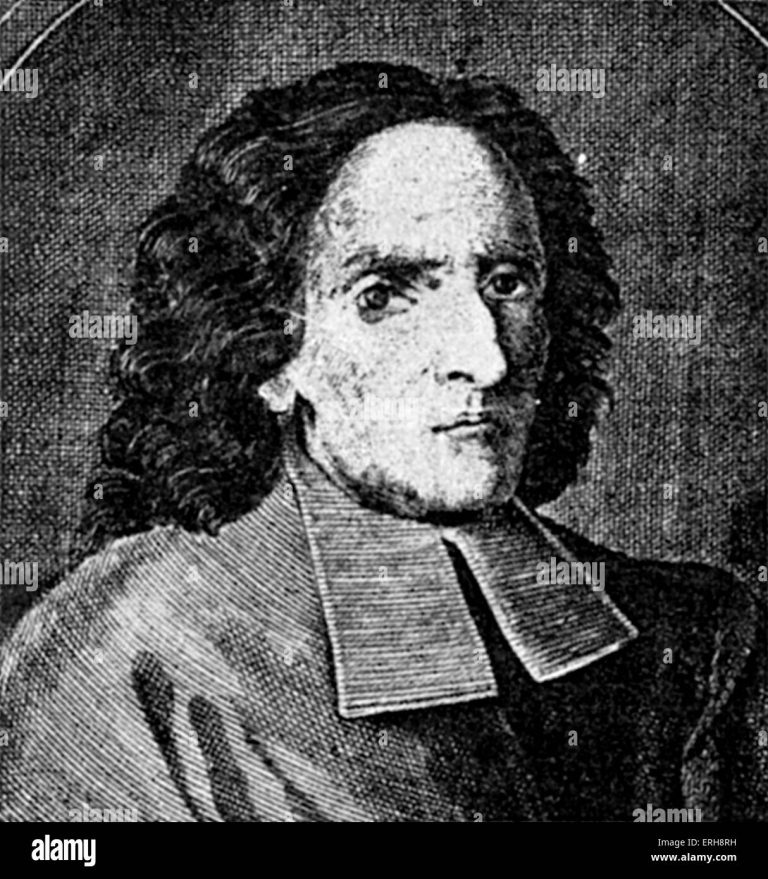Date of Birth: June 23, 1668
Zodiac Sign: Cancer
Date of Death: January 23, 1744
Biography
Giambattista Vico was an Italian philosopher, historian, and jurist, best known for his profound work in the philosophy of history and culture. Born in Naples, Italy, Vico grew up in a modest family but showcased an early talent for learning and intellectual pursuits. His most significant contribution is the “Scienza Nuova” (New Science), a text that laid the foundation for modern social sciences and cultural history. Vico’s work was largely a reaction against the rationalism of his time, proposing instead that human history is cyclical and shaped by the collective consciousness of societies. His ideas influenced many later thinkers, including Karl Marx and James Joyce. Vico’s educational journey was unconventional; he was largely self-taught due to an illness that forced him to leave formal schooling. He later attended the University of Naples, where he studied law. Despite his academic achievements, Vico struggled professionally, securing only a modest position as a professor of rhetoric at the University of Naples. It was in this setting that he wrote many of his significant works, although they were not widely recognized during his lifetime. Vico’s theories on the cyclical nature of history proposed that civilizations undergo stages of birth, growth, maturity, decline, and fall, only to be reborn and repeat the cycle. He emphasized the role of myth, poetry, and language in understanding human societies, contrasting sharply with the then-dominant Cartesian approach.
5 Interesting Facts about Giambattista Vico
1. Giambattista Vico is often credited with being one of the early figures to move away from the purely rationalist approach of the Enlightenment, advocating instead for a more humanistic and historical understanding of knowledge.
2. Vico was largely self-taught due to a childhood illness that interrupted his formal education.
3. His seminal work, “Scienza Nuova” (New Science), was not initially well-received and only gained recognition posthumously.
4. Vico proposed a cyclical theory of history, suggesting that human societies go through recurring phases.
5. His ideas significantly influenced later intellectuals, including Karl Marx, Benedetto Croce, and James Joyce.
5 Most Interesting Quotes from Giambattista Vico
1. “The criterion and rule of the true is to have made it.”
2. “Uniform ideas originating among entire peoples unknown to each other must have a common ground of truth.”
3. “Men first feel necessity, then look for utility, next attend to comfort, still later amuse themselves with pleasure, and finally go mad and waste their substance.”
4. “History must be regarded as the unfolding of the human spirit.”
5. “The order of ideas must follow the order of institutions.”
Highest Net Worth Achieved
Giambattista Vico did not achieve notable financial success during his lifetime, and his highest net worth is not well-documented. He held a modest position as a professor of rhetoric at the University of Naples, which provided a limited income.
Children
Giambattista Vico had several children, although details about them are sparse. Historical records indicate that his family life was challenging, and he struggled to support his family on his modest academic salary.
Relevant Links
2. [Internet Encyclopedia of Philosophy – Giambattista Vico](https://iep.utm.edu/vico/
3. [Britannica – Giambattista Vico](https://www.britannica.com/biography/Giambattista-Vico


